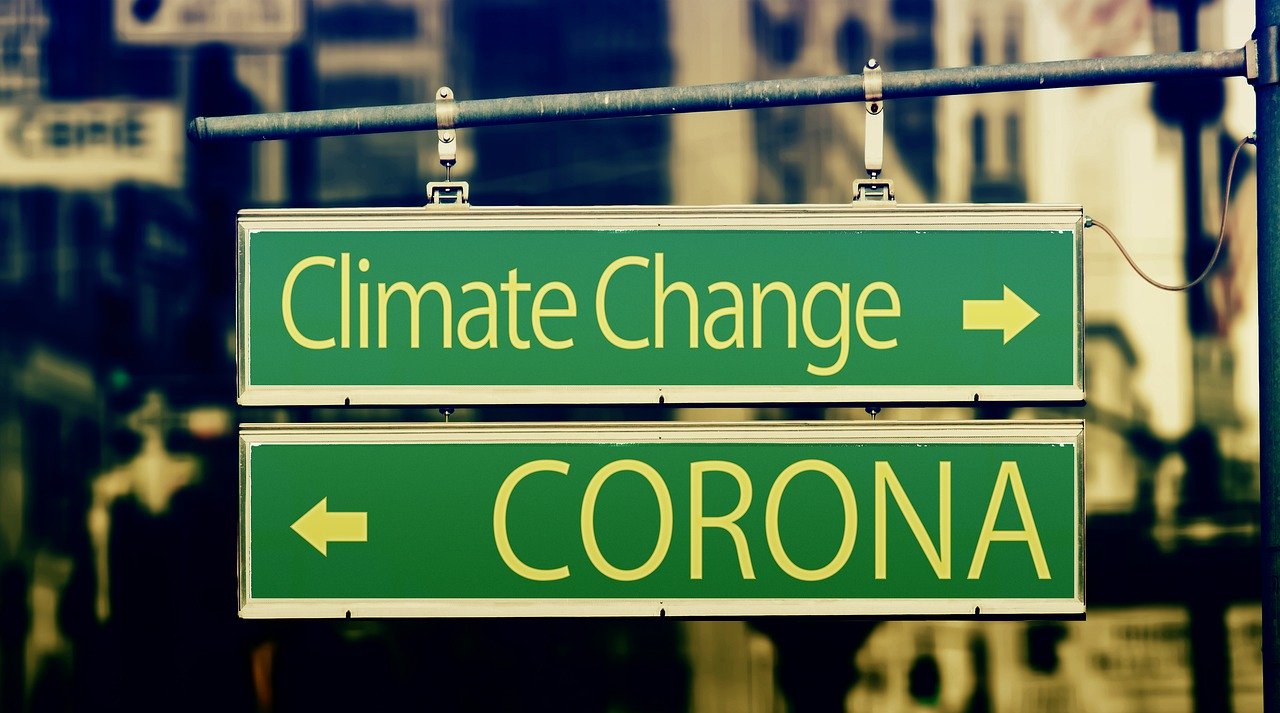The Economist is an impressive magazine that offers a balanced view of most topics. The topic of climate change is, however, an exception.
The magazine linked the coronavirus to climate change in its May 23/29 editorial “Seize the Moment.” Its subtitle states: “The covid-19 crisis reveals how hard it will be to tackle climate change—and creates a unique chance to do so.”
You can hear echoes of Rahm Emmanuel’s famous statement “You never want a serious crisis to go to waste.”
The editors argue that the pandemic “creates a unique chance to enact government policies that steer the economy away from carbon at a lower financial, social and political cost than might otherwise have been the case.”
What is this “unique chance”? 1) Fossil fuels are almost down and out, so it is a good time to promote renewable energy. 2) The new investment that will be required due to the pandemic “is a circumstance tailor-made for investment in climate-friendly infrastructure that boosts growth and creates new jobs.” And 3) interest rates are low.
I agree that interest rates are low. But the fact that fossil fuels are faltering—surely that is temporary.
And what infrastructure will we need (and what can we afford) to get economies “back on their feet” after this pandemic? We’ve already spent trillions of dollars. Workers are already coming back.
To me, the coronavirus crisis and climate change are worlds apart.
One crisis hit almost without warning, with devastating effect. The other has been talked about volubly since 1988 (more than 30 years ago), and the world’s climate remains pretty much as we knew it then.
The Economist is trying to yoke together two problems, one of which isn’t even a crisis. (I don’t see how you can call a highly uncertain hundreds-of-years-long problem a crisis.)
Furthermore, the Economist misses the point when it compares the two “crises.” We now know what we should have done to prepare for a pandemic—we should have been ready to provide the equipment, materials, and hospital beds needed and to have a method for quick development of a vaccine (both of which required deregulation). We should also have adapted to new information; i.e., we should have taken straightforward measures to protect the most vulnerable populations without shutting down as severely as we did.
But the United Nations and other world organizations committed to the climate change “crisis” are taking exactly the opposite tack. Instead of preparing for climate change, they are trying to prevent climate change, even though they do not know its nature, its actual causes, and if or how it will progress.
In contrast, we should be adopting adaptation to, not mitigation of, climate change. Indur Goklany laid it out in a Cato Institute publication in 2008, What to Do about Climate Change. He pointed out that experts assume the problems that climate change will exacerbate will be, above all, “malaria, hunger, water stress, and coastal flooding.”
If we can know that much, why don’t we prepare for those impacts? In fact, those are serious problems today. Why not address them today?
“[W]hile the impacts of global warming are uncertain, there is no doubt that malaria, hunger, water stress, and coastal flooding are real and urgent problems here and now,” Goklany wrote (p. 17). “Thus, focused adaptation is far more likely to deliver benefits than is mitigation, and to deliver those benefits sooner rather than later.”
Not only could we save lives (a vaccine for malaria would be world-changing) but we would also be addressing the harms that climate change is supposed to cause in the future.
Why don’t brilliant people like the editorial leaders at the Economist see this? They know, or should know, the dangers of what they prescribe—subsidies and government investments. Surely they know their favorite solution, a carbon tax, would slow down economic recovery, essential to any climate-change policy. And they know that any feasible mitigation is going to have a minuscule impact on climate change, especially as China and other countries keep building new coal plants.
Why are they—and so many others—riding this mitigation hobbyhorse when the world is still reeling from a genuine disaster? I don’t understand it.

